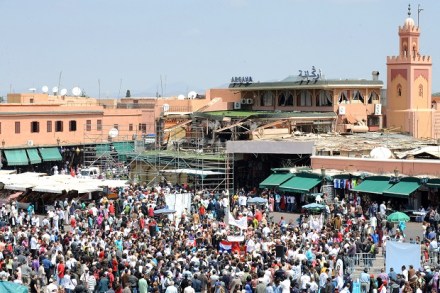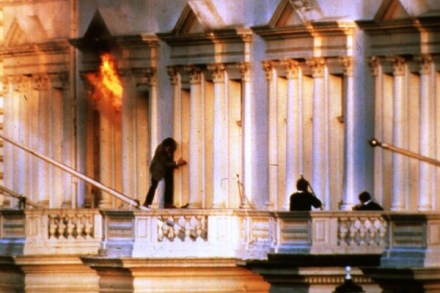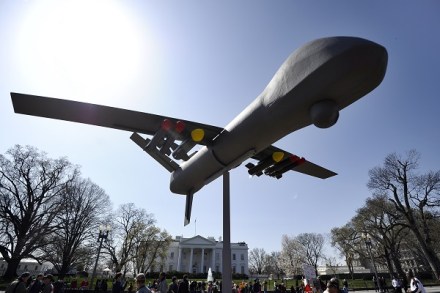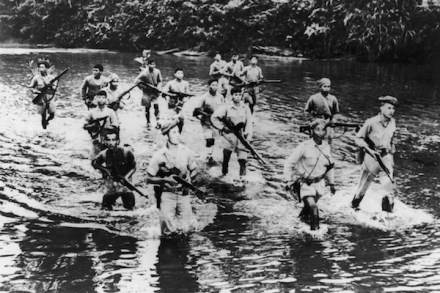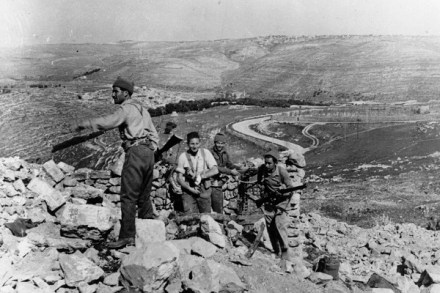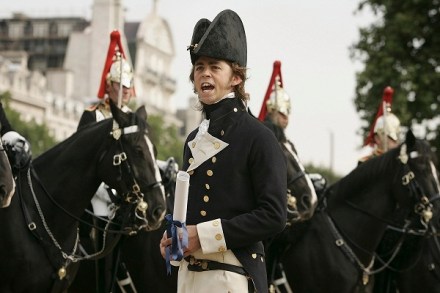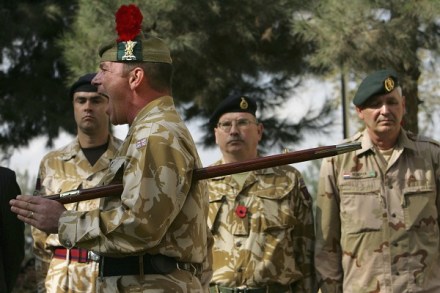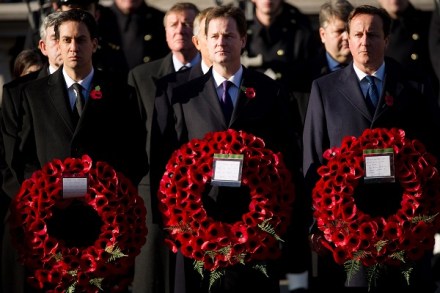Another reason to biff the hawkers of Marrakech
Apologies for the prolonged absence. This was due to a holiday in which I stayed away from all forms of communication for two and a half weeks. I cannot recommend this policy too highly. During my break, incidentally, I discovered another reason to physically assault the hawkers who festoon the central square in Marrakech, the Djema el Fna. There were plenty of reasons before – the leering, the groping, the monomaniacal persistence, the useless tat they are flogging, the lying, the cheating etc. But now you can add the fact that they all say ‘lovely jubbly’ as soon as they realise you are English. Sadly I never quite mastered the
